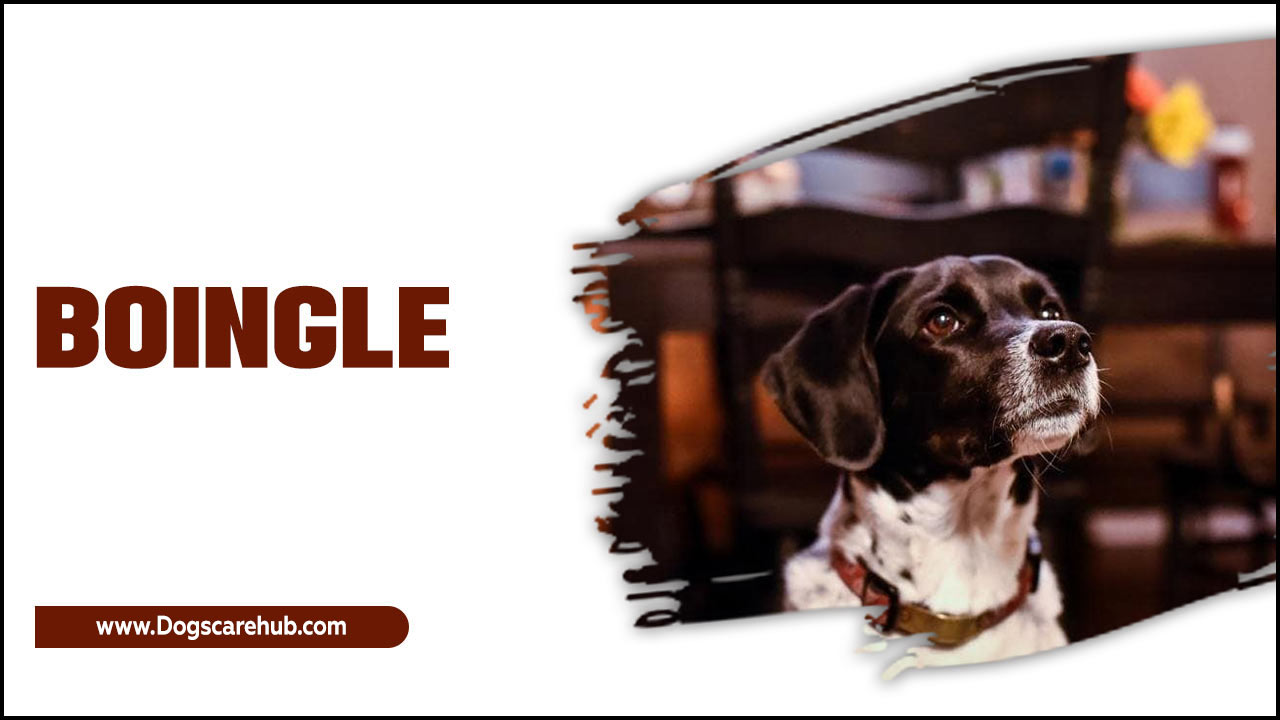Must-Have Puppy Socialization Tips
Dog socialization tips in puppies are absolutely crucial for raising a well-adjusted, confident, and happy canine companion. This formative period, typically from around 3 to 16 weeks of age, is when your puppy’s brain is most receptive to new experiences. What they learn and encounter during this time will significantly shape their behavior and temperament for the rest of their lives. A well-socialized puppy is less likely to develop fears, anxieties, or aggression issues later on, making them a joy to live with and a pleasure to introduce to the world.
The goal of early socialization isn’t to overwhelm your puppy, but rather to expose them to a wide variety of sights, sounds, smells, people, and other animals in a positive and controlled manner. Think of it as building a robust “library” of good experiences that your puppy can draw upon when encountering new situations. This proactive approach is far more effective than trying to “fix” behavioral problems stemming from a lack of early socialization.
The Importance of Early Experiences
Puppies are born with a natural curiosity, but also a degree of caution. Their early weeks are a critical window for development. During this time, they are exploring their environment, learning about their place in the world, and forming essential bonds. Positive interactions with different elements of society can help them learn that new things are not inherently frightening. Conversely, negative or frightening experiences during this period can leave lasting scars, leading to phobias or reactive behaviors.
This is why “puppy socialization tips” are so often emphasized by veterinarians and professional dog trainers. They understand that investing time and effort into proper socialization during these early months is one of the most valuable things an owner can do for their dog’s long-term well-being. It’s about setting your puppy up for success in navigating the complex human world they are about to enter.
Understanding the Critical Socialization Window
The prime socialization window for puppies generally closes around 16 weeks of age. While socialization can and should continue throughout a dog’s life, the intensity of receptiveness is highest during this period. This means you have a limited, yet incredibly impactful, timeframe to introduce your puppy to as many positive new stimuli as possible. Don’t miss this opportunity!
Key Dog Socialization Tips in Puppies
When we talk about dog socialization tips in puppies, it’s important to remember that quality trumps quantity. A single terrifying experience can be more detrimental than a dozen brief, positive ones. Here’s how to approach it:
1. Introduce Them to a Variety of People
This means people of all ages, sizes, ethnicities, and those with different appearances (e.g., wearing hats, using canes, carrying umbrellas, riding bikes). Have friends and family members gently interact with your puppy. Ensure these interactions are calm and rewarding, perhaps with treats or gentle praise. Avoid letting children overwhelm or scare your puppy. Supervise all interactions closely, and if your puppy shows signs of stress, calmly remove them from the situation.
2. Expose Them to Different Environments
Take your puppy to various safe locations: the park (once vaccinated), quiet streets, pet-friendly stores (again, post-vaccination), and even a friend’s house. The goal is to get them used to different sights, sounds, and surfaces. Let them walk on grass, pavement, gravel, and even indoors on different flooring. Each new environment is an opportunity for positive learning.
3. Socialize Them with Other Well-Behaved Dogs
This is a cornerstone of dog socialization tips in puppies. Arrange playdates with healthy, vaccinated, and known-to-be-friendly adult dogs and other puppies. Puppy classes are an excellent way to facilitate this under the guidance of a professional trainer who can ensure appropriate interactions. Avoid dog parks until your puppy is older, fully vaccinated, and fully understands doggy etiquette, as they can be overwhelming and sometimes introduce disease or negative encounters. Prioritize calm, well-mannered adult dogs as mentors for your puppy.
4. Habituate Them to Different Sounds
The world is full of noises. Gradually expose your puppy to common household sounds like the vacuum cleaner, washing machine, doorbell, and even traffic noises. You can play recordings of these sounds at a low volume while your puppy is eating or playing, gradually increasing the volume as they become more comfortable. This helps prevent fear-based reactions to everyday stimuli.
5. Introduce Novel Objects and Textures
Let your puppy explore different textures – soft rugs, hard floors, a shallow kiddie pool, a crinkly toy, or a smooth slide. Introducing them to unusual objects like umbrellas opening, brooms, or skateboards (from a safe distance initially) can also build confidence. Always make these introductions positive and rewarding.
6. Handle Their Body Gently
Accustom your puppy to being touched all over – ears, paws, tail, mouth. This is vital for veterinary visits and grooming. Make it a positive experience by pairing handling with treats and praise. Gently lift paws, run fingers between toes, and lightly touch ears and mouth.
What to Avoid for Effective Puppy Socialization
As important as knowing what to do is knowing what not to do.
Forcing Interactions: Never force your puppy into a situation they are clearly uncomfortable with. This can be counterproductive and create negative associations.
Exposing to Overwhelming Situations: A very crowded, noisy event or a chaotic dog park can be too much for a young puppy. Start with calmer, more controlled environments.
Punishing Fearful Behavior: If your puppy shows fear, comfort them and remove them from the situation. Punishing them will only reinforce their fear and damage your bond.
Delaying Socialization: Waiting too long is a missed opportunity. The critical window is brief.
Continuing Socialization Beyond Puppyhood
While the initial socialization period is paramount, remember that learning is a lifelong process for dogs. Continue to introduce new, positive experiences throughout your dog’s life to keep them well-adjusted and confident. Regularly reinforcing their positive associations with different people, places, and things will ensure they remain a well-mannered and happy member of your family and the community. Investing in these early dog socialization tips in puppies is an investment in a lifetime of good companionship.
Meet Elyse Colburn, the devoted canine companion and storyteller behind the enchanting world of “Tales, Tails, and Adventures Unleashed.” A passionate dog enthusiast with a heart full of paw prints, Elyse Colburn shares heartwarming tales and insightful adventures, celebrating the joy, loyalty, and endless antics that make every dog a true hero. Join Elyse Colburn on this tail-wagging journey, where every post is a love letter to our four-legged friends.






